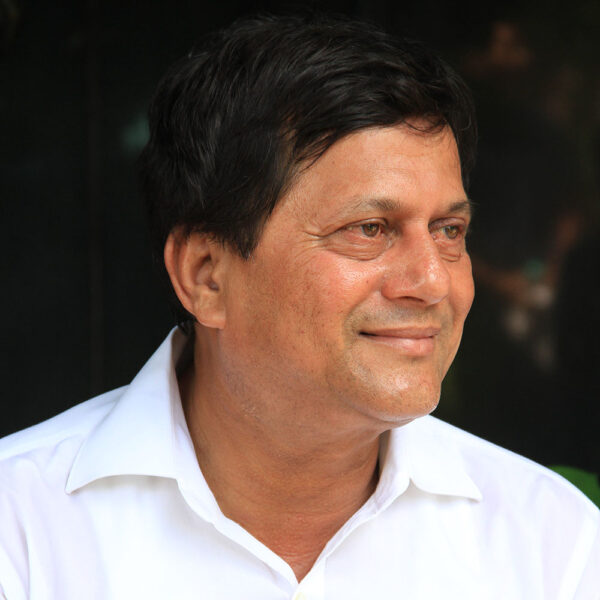B.Des : Bachelor of Design(Fashion)
ELIGIBILITY CRITERIA
Pass in 10th +2 or equivalent examination from a recognized Central/State Board with 50% marks in aggregate should have born on or after 01.07.1997.
Programme Educational Objectives (PEOs)
The B.Des programme in Fashion and Textile aims to prepare the graduates with the following objectives:
- Graduates shall be able to provide to solutions to fashion/ textile oriented problems and allied areas involving apparel & home Furnishing design, Trendy product innovation and marketing
- Graduates shall be able to perceive the limitation and impact of designing solutions in social, legal, environmental, economic development contexts.
- Graduates shall be able to lay foundation in Craft Artisans to develop the designs in Handloom Textile & Apparel industry
Programme Outcomes (POs)
Design knowledge: Ability to apply the knowledge of design principle, Material Science, designing fundamentals and a technological parameters specialization to the solution of Design process problems.
Problem analysis: Ability to Identify, formulate, research literature, and analyse the need and requirements of the consumer’s as per situational &Environmental problems and designing the problem solving method keeping in mind the functional aspects and User friendly innovative products development
Design/development: Ability to find Design solutions for problems and design system components or processes that meet the specified needs with appropriate consideration for the public needs and requirements as per the changing market aspects. With respect to Consideration of Cultural, Societal and environmental issues.
Conduct investigations of complex problems Ability to use Research-based knowledge and research methods including design research of experiments, analysis and interpretation of data and synthesis of the information to provide valid conclusions.
Modern Tools usage: Ability to Create, select, and apply appropriate Design tools & techniques, resources, and modern designing with CAD technologies and IT tools including prediction of modeling to multipart designing activities with an understanding of the limitations.
The engineer and society: Ability to apply reasoning informed by the contextual knowledge to assess societal, health, safety, legal and cultural issues and the consequent responsibilities relevant to the professional engineering practice.
Environment and sustainability: Ability to understand the impact of the professional engineering solutions in societal and environmental contexts, and demonstrate the knowledge of, and need for sustainable development.
Ethics: Ability to apply ethical principles and commit to professional ethics and responsibilities and norms of the engineering practice.
Individual and team: Ability to function effectively as an individual, and as a member or leader in diverse teams, and in multidisciplinary settings.
Communication: Ability to communicate effectively on complex engineering activities with the engineering community and with society at large, such as, being able to comprehend and write effective reports and design documentation, make effective presentations, and give and receive clear instructions.
Project management and finance: Ability to demonstrate knowledge and understanding of the engineering and management principles and apply these to one’s own work, as a member and leader in a team, to manage projects and in multidisciplinary environments.
Life-long learning: Ability to recognize the need for, and have the preparation and ability to engage in independent and life-long learning in the broadest context of technological change.
Programme Specific Outcomes (PSOs)
Ability to develop the aesthetic, imaginative and creative outputs in terms of fashion product or material for consumer’s suitable uses.
Ability to understand the nature and basic concept of various techniques related to drafting, draping, and constructing of garments and will gain knowledge about the different fashion business and product development by evolving a systematic, critical approach to problem solving at all levels of the design process.
Ability to apply the acquired skills in apparel pattern manipulation & Grading, garment construction, decorative & structural garment designing, fashion Illustration, fashion Stylization and Marketing and managements.
Ability to understand and application of the nature and basic concepts of design, Fashion, color, Trend, style, Patterns development, etc. and able to develop fashion garments, costume accessories Items as per categories like evening wear, kid & Teenage Wear, formal wear, casual wear, Night Suits, Underwear and Lingerie etc. in Mass and Customization Merchandise.
Ability to understand and implement integrated knowledge in Art, Skills, Techniques, Traditional Crafts Knowledge Practice, Forecasting, and Research to relate fashion design to a broader socio economic, historical, and environmental context and articulate design ideas verbally, visually, and digitally.

